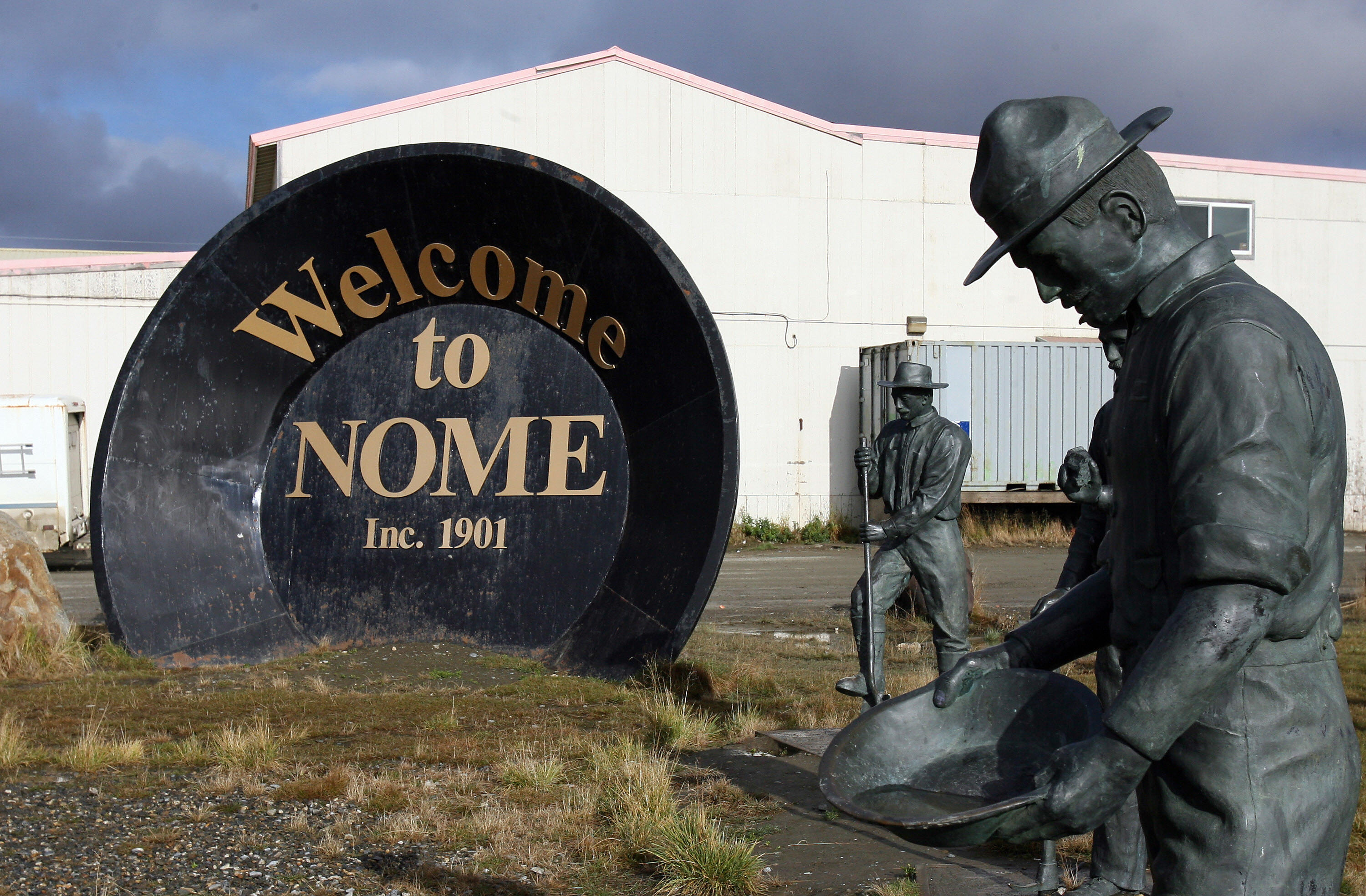Native women in Nome, Alaska, said police failed to investigate or keep victims updated on their sexual assault allegations.
The Nome Police Department often ignored or did not update victims on their assault allegations, rape survivors and advocates told The Associated Press. The city’s police officers are all reportedly non-Native, while more than half of Nome’s estimated population of 3,866 is Alaska Native.
Survivors alleged Nome police don’t take Alaska Native women’s allegations seriously. (RELATED: AG Barr Visits Alaska, Calls Dire Lawless Situation An ‘Emergency’)
“So I was like … must not be important enough. Us Natives must not be important enough,” assault victim and Alaska Native Susie told the AP. She reported a rape allegation with Nome police in 2013. Susie called the police department repeatedly and no one could tell her what was going on with the case, she said.
The Nome Police Department received 33 calls of sexual assault against adults in 2013. The department made one arrest related to sexual assault that year. Local officials say the low staffing levels at the police department inhibit its ability to respond to every assault allegation, according to the AP.

A giant gold pan welcomes visitors to Nome, Alaska, Sept. 29, 2006. ( GABRIEL BOUYS/AFP/Getty Images)
Nome police officers “are very hard-working people that live in this community,” Nome District Attorney John Earthman told the AP. “They want to make their community safer. Unfortunately out here a lot of times, it is a triage situation. It’s very hard. Just having a rural police department in rural Alaska is very hard.”
The department received 372 calls regarding sexual assaults between 2008 and 2017, Nome police records show. Thirty, or 8%, of those cases resulted in arrests, the AP reported.
An Alaska State Trooper investigation led to the conviction in 2005 of Nome Police Officer Matthew Clay Owens, who shot 19-year-old Sonya Ivanoff in the head and left her in bushes by the side of a road in 2003.
Three women filed a lawsuit alleging Owens was a danger to women in the city, that the city should have known this and that at least one complaint had been filed against him and ignored.
A judge sentenced Owens to 101 years in prison, and his arrest led Alaskan women to come forward with assault allegations, according to the AP.
More than 70 Alaskan communities do not have police protection, according to an Anchorage Daily News and ProPublica investigation published on May 16. These communities reportedly exist in regions with some of the highest rates of poverty, suicide and sexual assault in the U.S.
The Nome Police Department did not respond to a request for comment from the Daily Caller News Foundation.
All content created by the Daily Caller News Foundation, an independent and nonpartisan newswire service, is available without charge to any legitimate news publisher that can provide a large audience. All republished articles must include our logo, our reporter’s byline and their DCNF affiliation. For any questions about our guidelines or partnering with us, please contact licensing@dailycallernewsfoundation.org.


